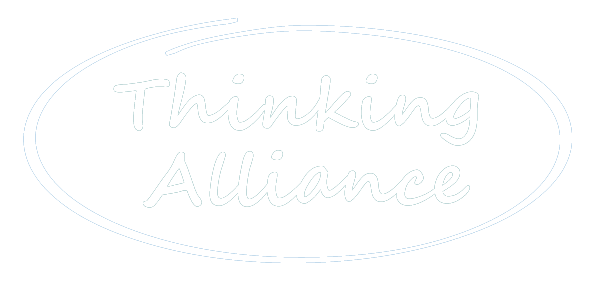08 Mar What are you choosing to ignore?
Yesterday, the BBC website carried a story about lightning flashes that sometimes happen immediately prior to an earthquake. Curious to see how such a thing could occur, Professor Troy Shinbrot and his team set up a simple experiment using a Tupperware box filled with ordinary flour, shaking it to see if an electrical charge was generated. It was, and Professor Shinbrot has discovered an entirely new way to generate charge – a mechanism which can’t currently be explained.
Aside from the simplicity of the experiment itself, what really struck me was the Professor’s remark that “I think the reason that no-one has reported this before is that no-one has thought to look”. This is despite the fact that people have been reporting ‘earthquake lights’ for at least 300 years. Such reports had been dismissed as hearsay, presumably because they simply didn’t ‘fit’ with established thinking.
There are times at work when we choose – consciously or unconsciously – to ignore information that doesn’t seem to fit. In fact it’s a biological necessity in order to be able to cope with all the information coming our way. In many circumstances, there can genuinely be some kind of blip or outlier that needn’t concern us unduly. But there are other times when that information could be telling us something valuable that could help improve performance or outcomes. And if we are so committed to one course of action or belief that we cannot countenance the possibility of a different outcome, then that has the potential to be positively harmful. In business, we’ve seen organisations like IBM and Blackberry trusting for too long in one way of doing things and thus failing to adapt operating models quickly enough to customers’ changing use of PCs and smartphones. And in Health and Education services, the risk of vision turning to dogma is ever-present.
Why not take a few minutes today to think about what you’ve chosen to ignore. You might not uncover a whole new area of science, but you could find a way to improve your work and the impact it has on other people.

